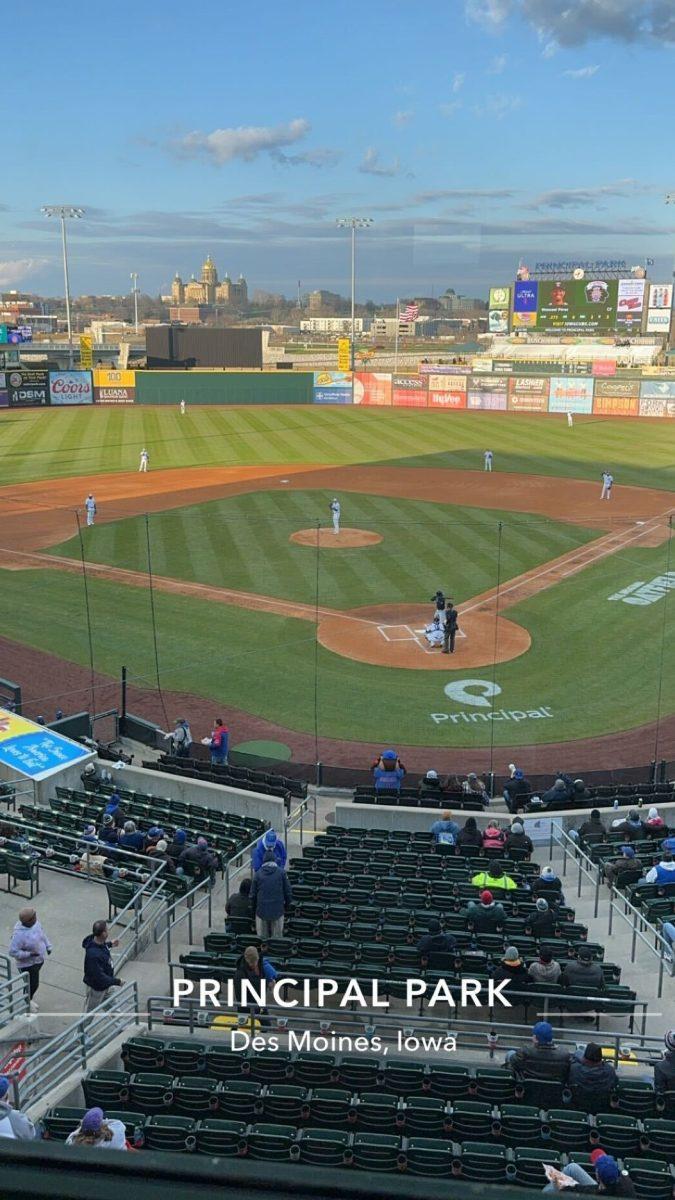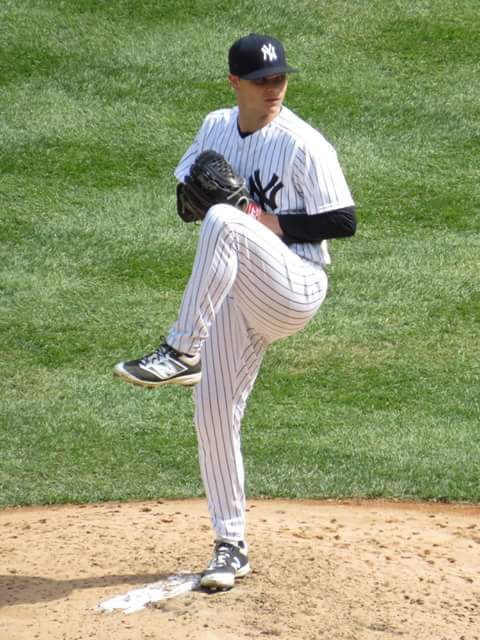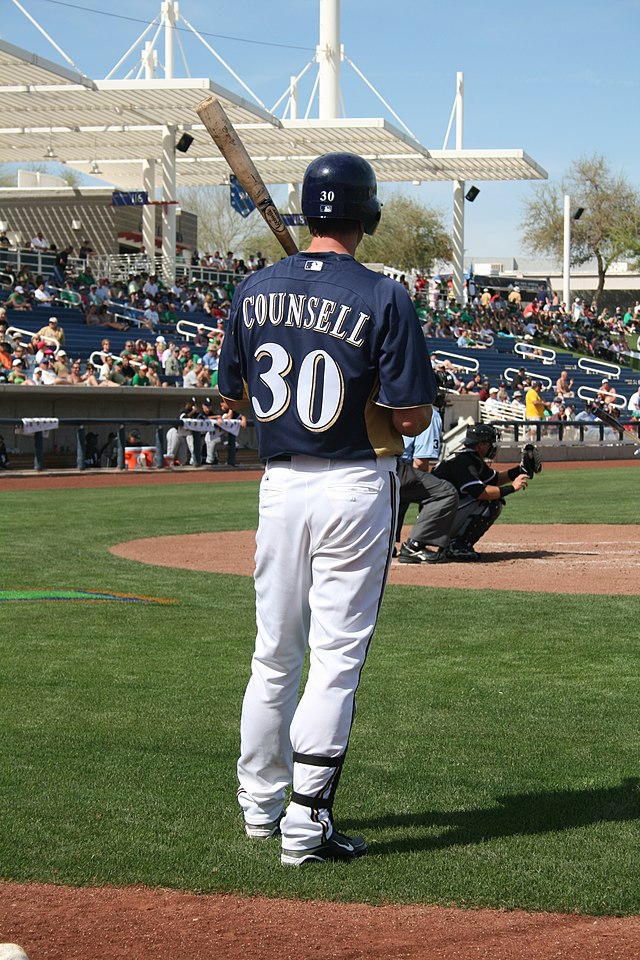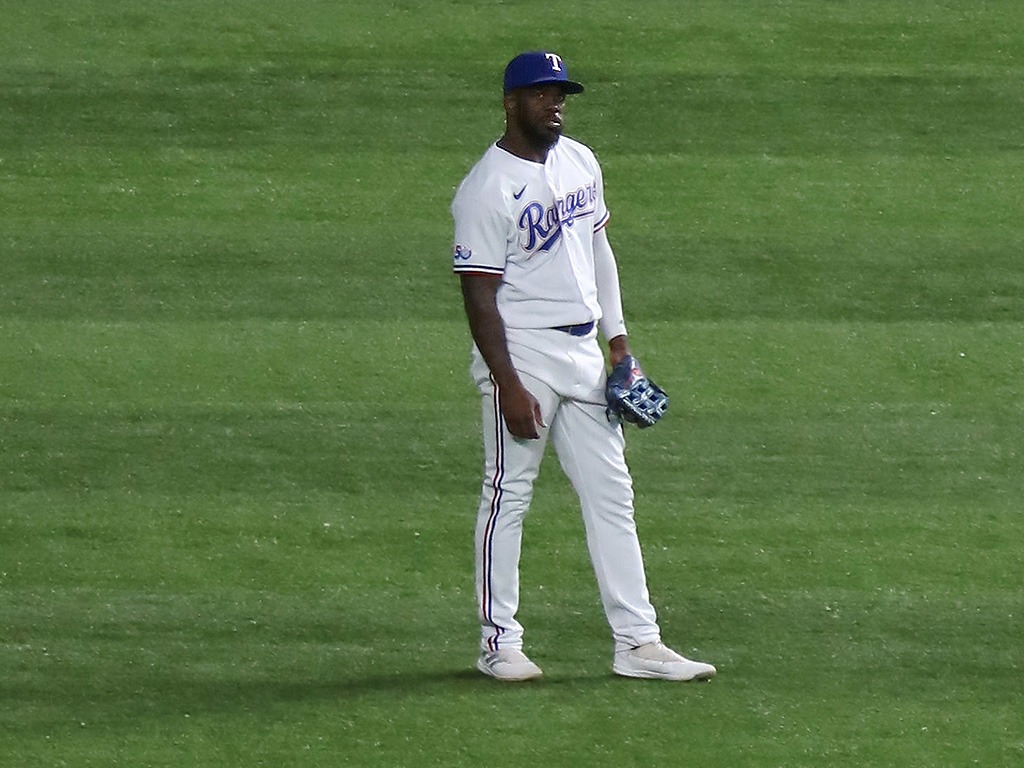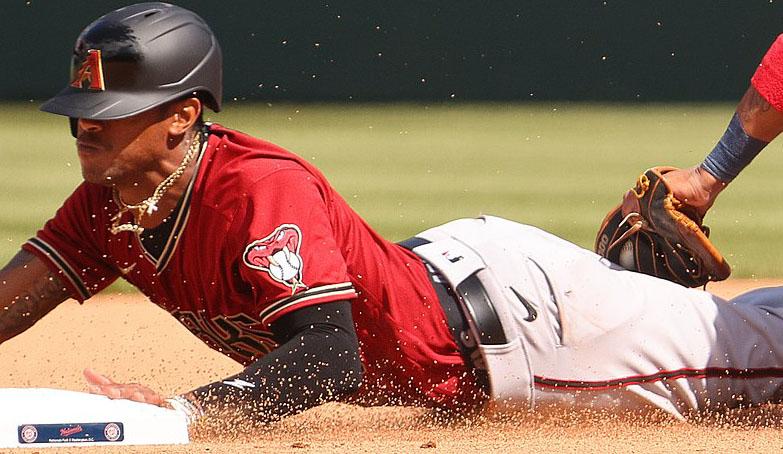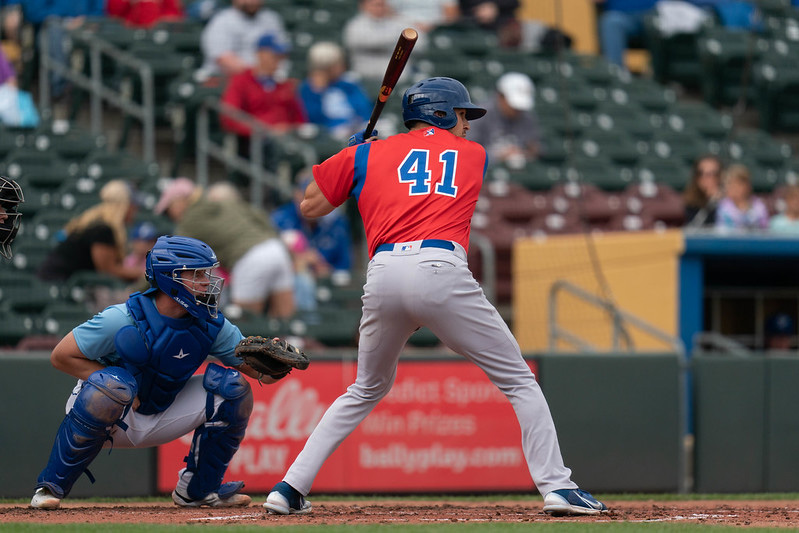By DRAKE LOHSE
Here are the facts—Bryce Harper is good at baseball. Bryce Harper’s hair is the best in baseball.
And recently, Bryce Harper recently got paid, Harper’s new contract is worth $330,000,000. 13 years. That’s the third richest deal in the history of North American Sports. Second in the Major Leagues only to Mike Trout. The Angel in Los Angeles’ centerfield signed a $426 million, 12 year deal of his own a few days after Harper put pen to paper with the Phillies.
Harper’s an interesting player. Not just because of his bone-crushing home runs, but because of how he got to where he is today. Harper’s rise to the MLB was almost cinema-like in ascension. Donning the cover of Sports Illustrated in high school, the Las Vegas product was the number one pick in no time.
But Harper’s career to this point has been more complicated than any Hollywood screenwriter could make it out to be. Not since Pujols or A-Rod have any players in the last decade of diamond play has been more talked about, debated on, and vilified. But neither Rodriguez or Pujols were ever called “The Lebron James of Baseball” before ever playing a professional game.
Harper’s naysayers like to boil their entire argument down to one word.
Overrated.
It goes beyond his yawn-inducing 2018 campaign. Sluggers like Harper can make long careers in the MLB, and an off-year every so often is just part of the life. His stats aren’t abysmal by any means, but those arguing that Harper is all hype do so by comparing him primarily with two “lower-caliber” players.
The first of those names is Cardinal’s third baseman Matt Carpenter. Say what you want about sabermetrics, but the WAR (wins above replacement) statistic is beginning to insert itself into everyday baseball-lingo. WAR calculates a grouping of six statistics—batting runs, baserunning runs, runs added or lost due to grounding into double plays in double play situations, fielding runs, positional adjustment runs, and replacement level runs—into one number. Using this formula, it can estimated how many wins an individual player adds to his teams win total.
Here’s Bryce Harper’s WAR’s for the last five seasons.
2014: 1.1
2015: 10.0
2016: 1.5
2017: 4.7
2018: 1.3
Yes, a 10.0 WAR in a season is bananas, and a 4.7 WAR is impressive on
Compare Harper’s WAR with the WAR of Matt Carpenter, and the argument for Harper being overvalued becomes intriguing at least.
2014: 3.1
2015: 4.0
2016: 3.5
2017: 2.9
2018: 4.9
Carpenter’s adds 3.86 wins to his team’s season. Harper adds 3.72. But Carpenter’s currently under contract for just north of $50,000,000, all while supplying a more steady advantage for his team.
But no comparison for Harper is perhaps more damning than the J.D. Drew comparison. And a comparison to Drew comes at an eery time, with Harper being just a few weeks removed from signing his mega-deal.
It’s unlikely that many baseball fans remember J.D. Drew. But for those that do, the similarities are too striking to ignore. Like Harper, Drew was a legend in the making before ever donning a professional uniform. Drew came up in the late ’90s, a time without Lebron James or YouTube or anything to generate the buzz that would later come with Harper. But he was a darling regardless. A top-5 pick in the draft twice. He was a sweet-swinging Florida State standout and left for the MLB as one of the greatest college hitters of all time. He remains the only player in NCAA history to have a 30/30 season
Bryce Harper-2012-2018
BA-.279 OBP-.388 SLG-.512 OPS-.900
JD Drew-1998-2005
BA-.287 OBP-.392 SLG-.513 OPS-.905
This comparison doesn’t really get interesting until you learn how Drew’s career panned out. After a run with the Dodgers, Drew signed a 5 year, $70,000,000 deal with the Red Sox, at the same point in his career where Harper signed his deal. Drew’s time with the Red Sox was marred by injuries, and he simply never returned to consistent form statistically. He faded from glory and retired quietly in 2011.
As the Bryce Harper sweepstakes kicked off, the rumors of a Kris Bryant-Bryce Harper duo in Chicago swirled. Harper’s luscious locks would blow majestically in a city so windy, and his star-power alone might have garnered enough happy mojo to propel the Cubs back to an October berth.
But baseball money is bonkers. Harper’s contract averages out to $25,000,000 a year, almost $157,000 a game. If there’s even a question that Bryce Harper’s career could whimper and collapse the way Drew’s did, is signing Harper worth the all that cash?


